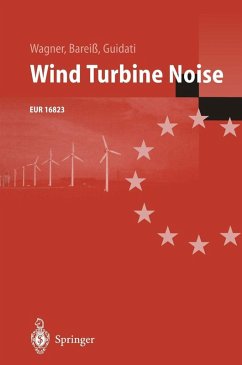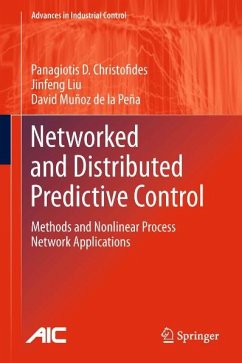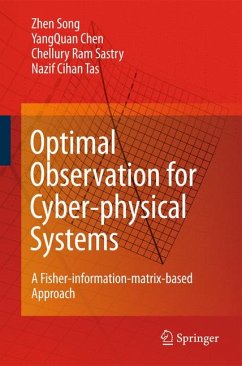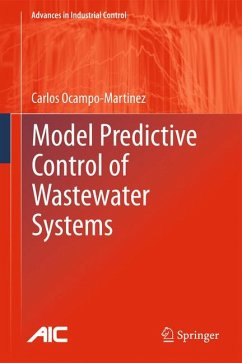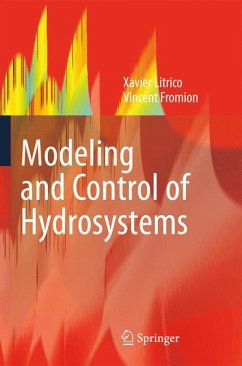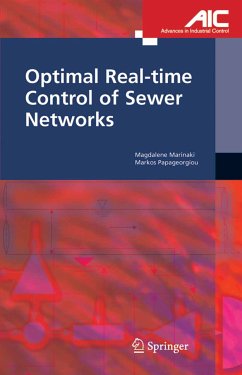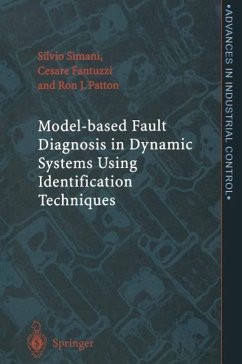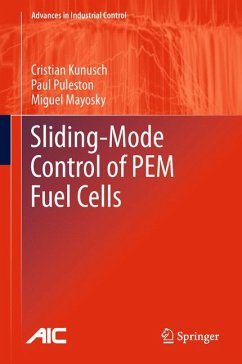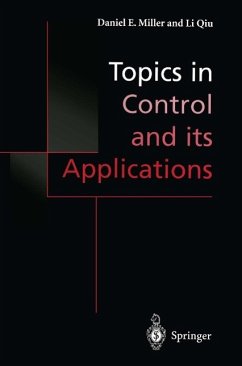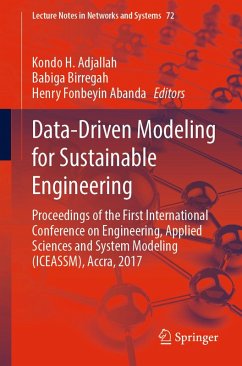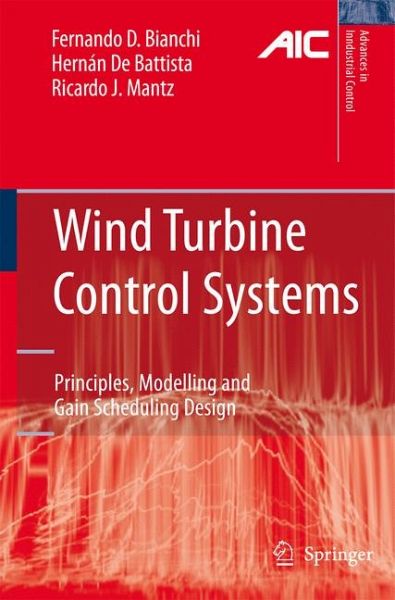
Wind Turbine Control Systems (eBook, PDF)
Principles, Modelling and Gain Scheduling Design
Versandkostenfrei!
Sofort per Download lieferbar
72,95 €
inkl. MwSt.
Weitere Ausgaben:

PAYBACK Punkte
36 °P sammeln!
This book emphasizes the application of Linear Parameter Varying (LPV) gain scheduling techniques to the control of wind energy conversion systems. This reformulation of the classical problem of gain scheduling allows straightforward design procedure and simple controller implementation. From an overview of basic wind energy conversion, to analysis of common control strategies, to design details for LPV gain-scheduled controllers for both fixed- and variable-pitch, this is a thorough and informative monograph.
Dieser Download kann aus rechtlichen Gründen nur mit Rechnungsadresse in A, B, BG, CY, CZ, D, DK, EW, E, FIN, F, GR, HR, H, IRL, I, LT, L, LR, M, NL, PL, P, R, S, SLO, SK ausgeliefert werden.




